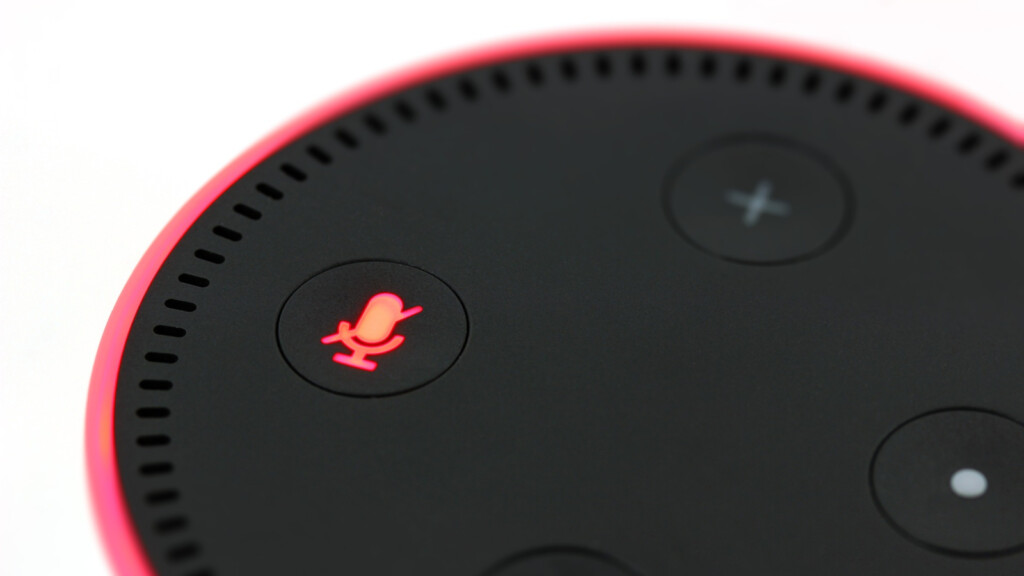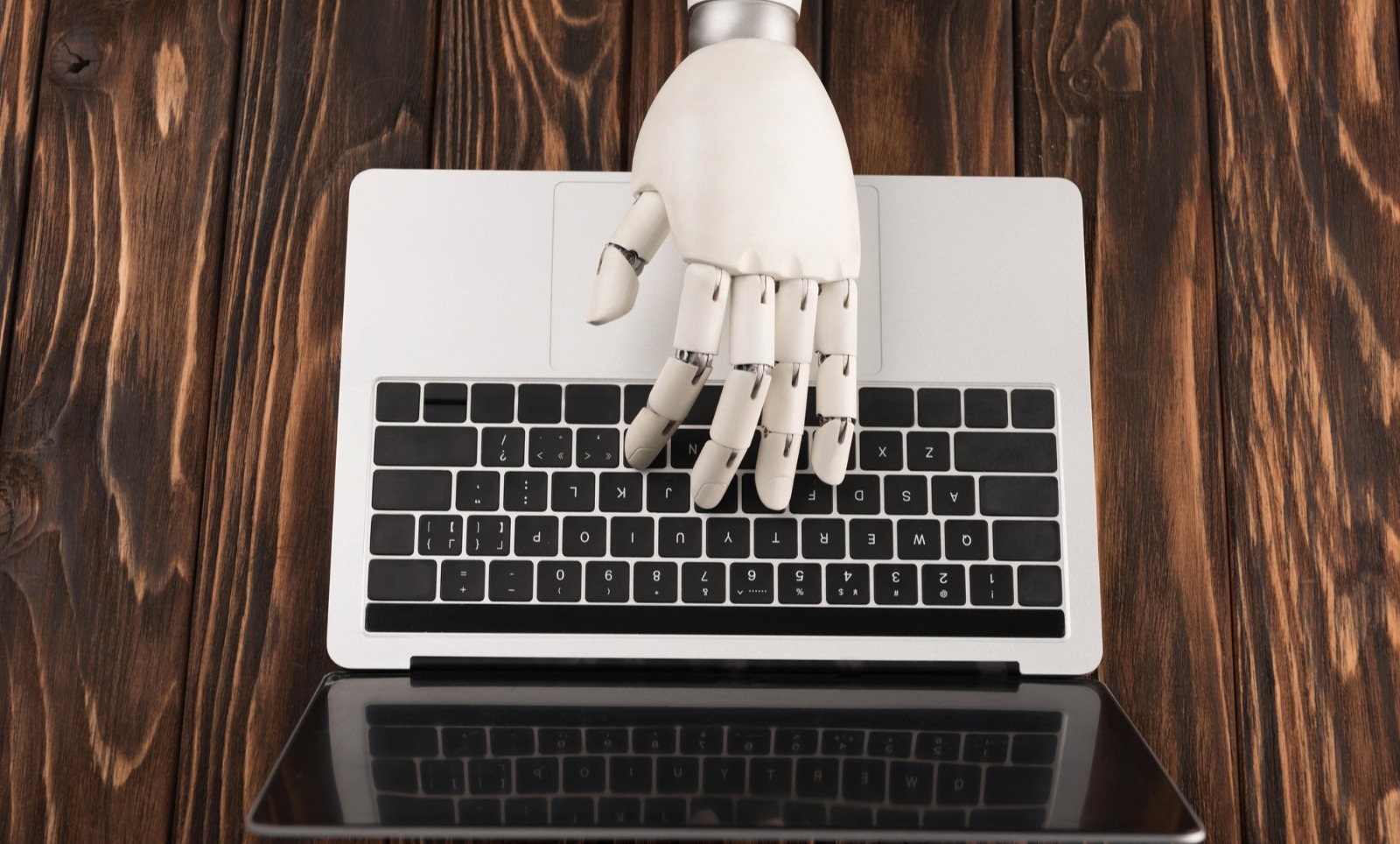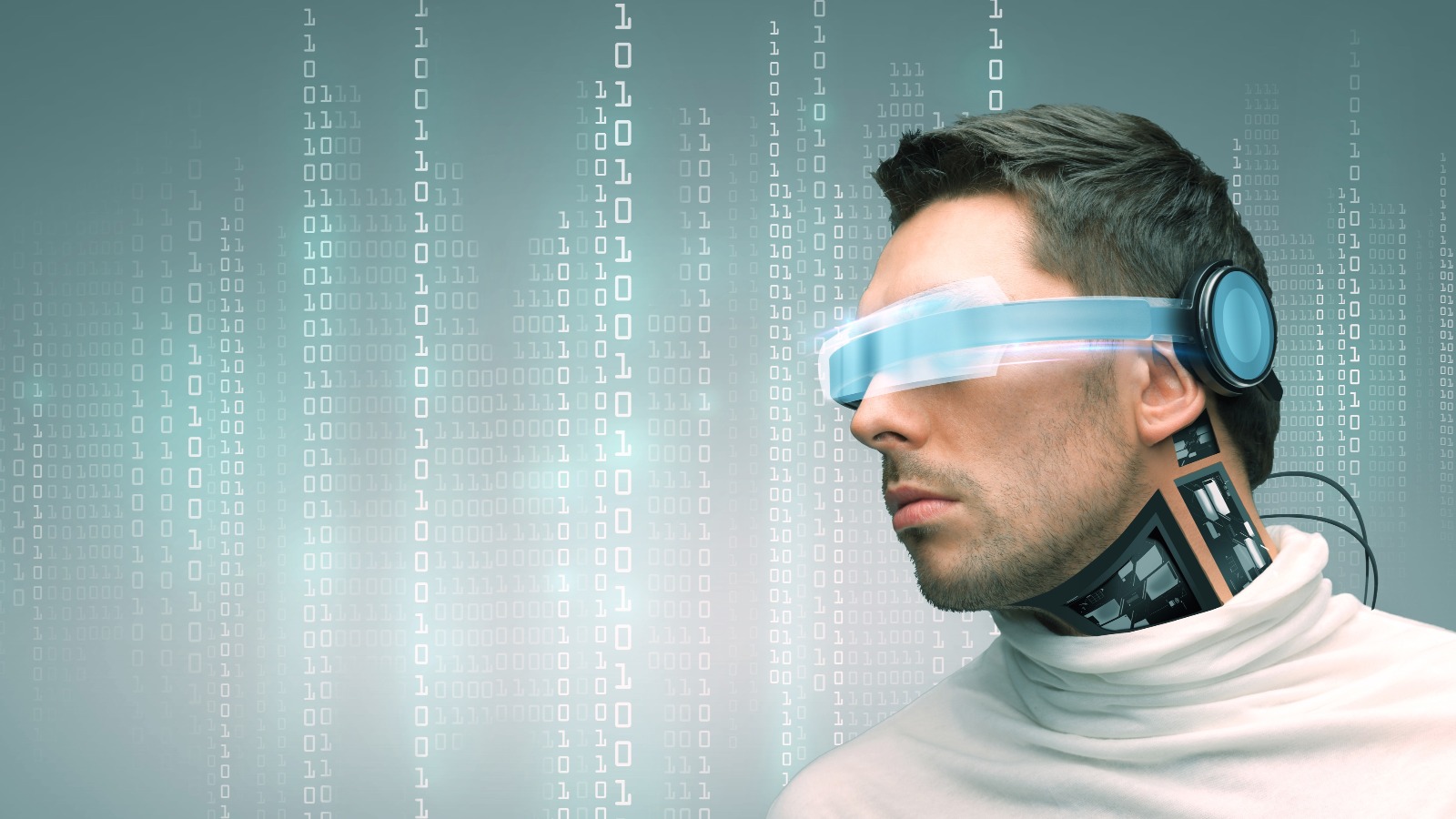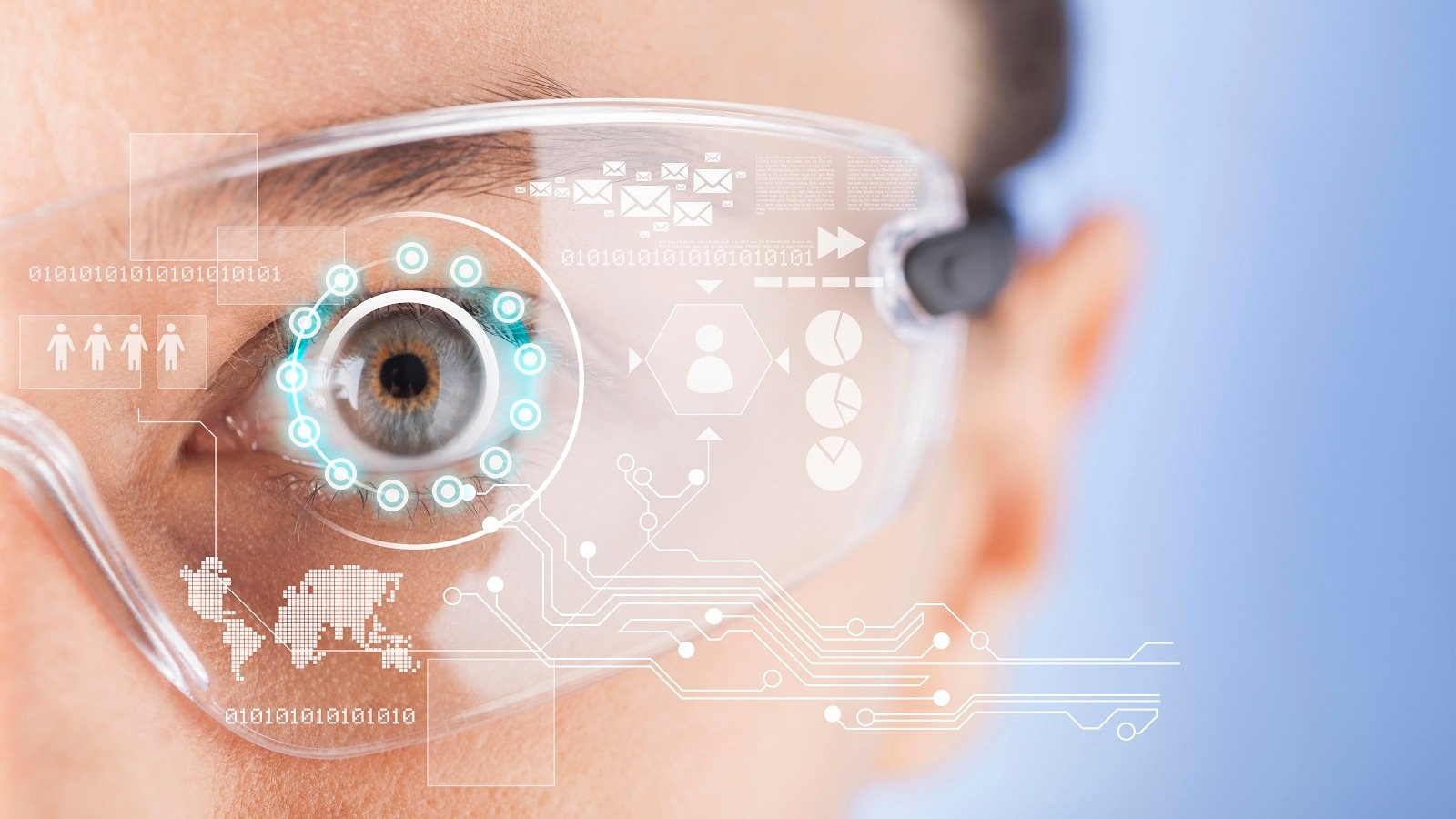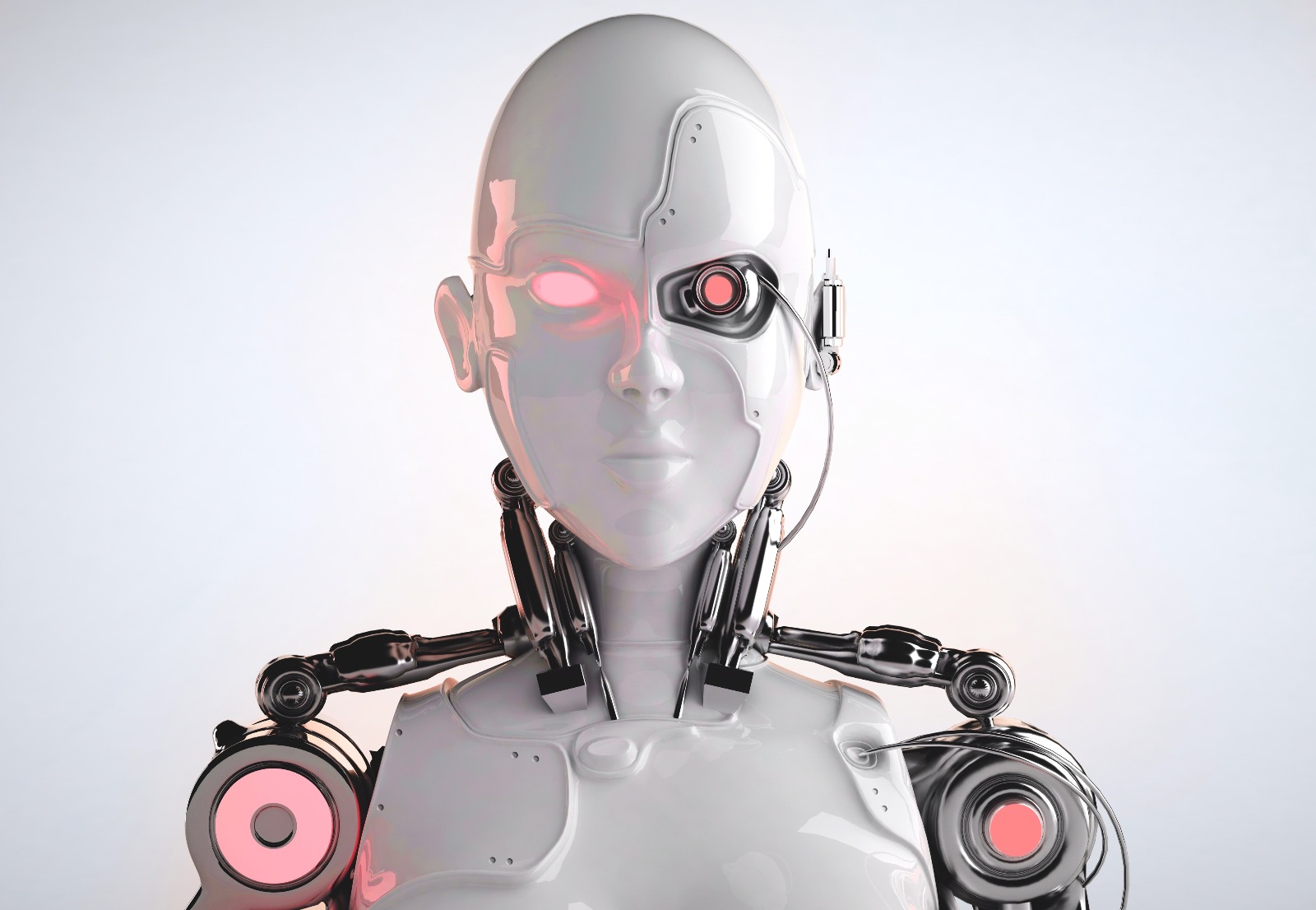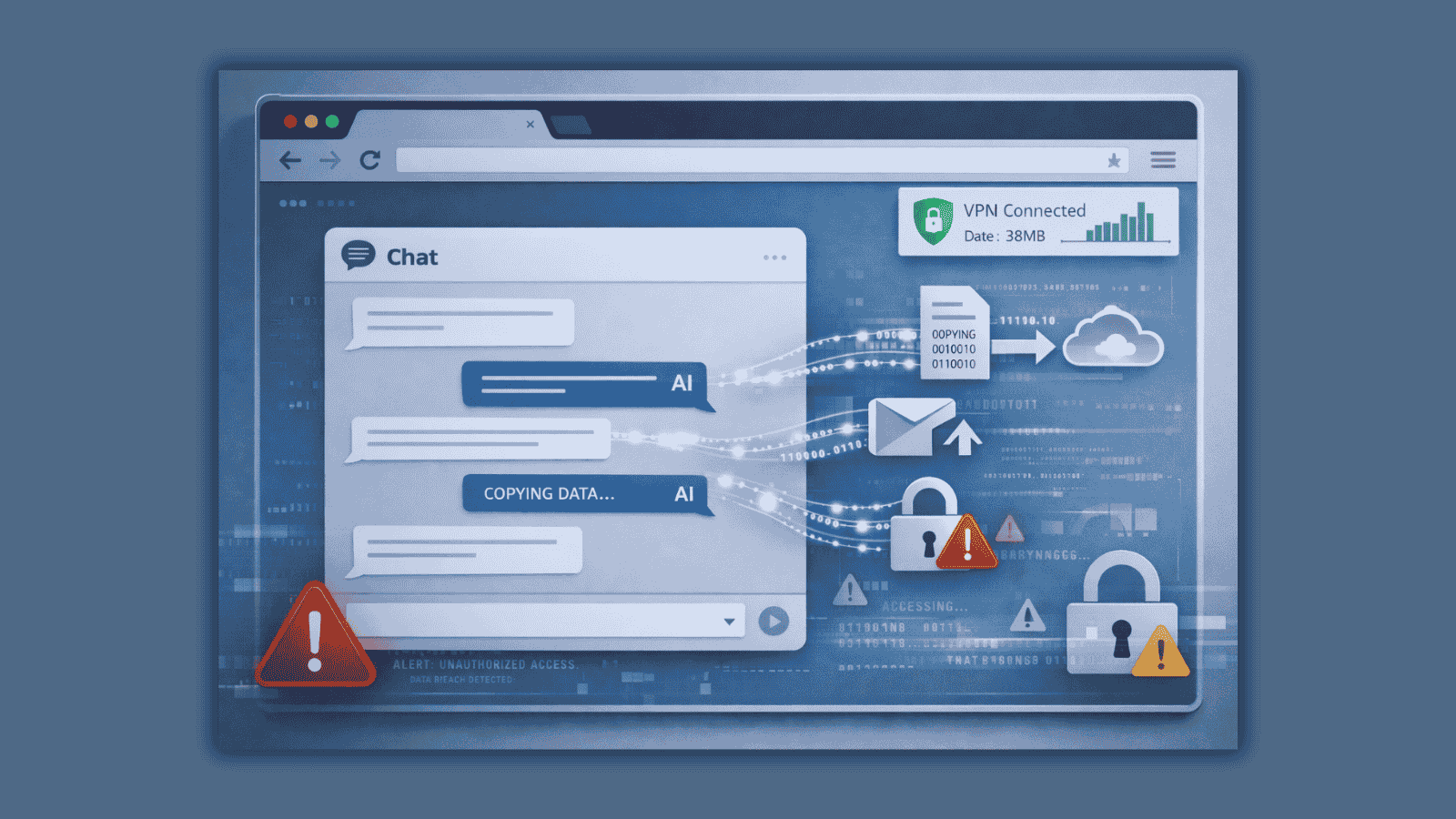
What Will Future Hacking Be Like?
Most people probably don’t realize just how special our current time is in the history of humanity. Human development has been slow and stable for thousands of years, but with a series of industrial revolutions and the accelerating development of technology, there has never been a time like this. The world our parents grew up in is radically different from ours. The world we’ll have to live in just a few years from now will be just as different. These might very well be the interesting times that the old Chinese curse warned us about. Future hacking might very well see to that.
Wherever technological change happens, you can bet hackers of one type or another are going to be there to mess with it. It happened when telephone systems were first automated, it happened when people started swapping out floppies and it happened when people began using email. You invent a new technology meant to make life easier, and a hacker will figure out some way it can be exploited. So what does the future of exploitation look like? No one knows for sure, but we can make some educated guesses.
IoT Devices
The Internet of Things describes all the millions of devices that have been imbued with processing power and a network connection. Think about IP cameras, Smart TVs, self-driving cars and anything else we now own is hooked up to the net.
IoT has been a security nightmare already, but as we move into a world where every last item you can think of, from a toothbrush to your house itself, is connected to the net. That means a hacker’s opportunities to steal information or do real damage is multiplied exponentially.
Artificial Intelligence
As our computing devices become more powerful and the software that runs on it becomes more sophisticated, artificial systems are becoming capable of things no one would have imagined. Society is already struggling to deal with AI-powered technologies such as deepfakes and facial recognition. Imagine intelligent software orders of magnitude more capable. With non-human intelligent actors entering the arena, I expect the future of hacking to be drastically affected. From day one hacker has used autonomous malware such as viruses to do their hacking work. What about AI-powered viruses? What about AI-hackers?
The flip side is also worth considering. We’ll also be using sophisticated AI to act as cybersecurity officers. In fact, AI is already used in this way to one extent or another. AI techniques make up part of heuristic malware detection. Where the software can identify something as malware, even if that particular specimen has never been observed.
AI also has potential uses in social engineering. The neural net techniques used to create DeepFake videos is constantly improving. It can also be applied to synthesizing voices. Imagine if you receive a video call from your boss asking you for information. You'd probably have no issue telling them, but with these AI-based technologies, you might be speaking to a digital ghost.
Cybernetic and Bionic Devices
While plenty of people are worried that machine intelligence will rise up and destroy humanity (like in the Terminator movies) a much more likely scenario is that humans will become more and more integrated with machines.
Even today, the extent to which we can fuse humans and artificial devices is astounding. We have prosthetic arms that can take commands directly from the remaining nerve endings and even send touch information back to the brain. Artificial organs, eyes and brain implants all exist. It’s just a matter of time before they become good enough that significant numbers of people will use them.
Arguably, at some point, people will have cybernetic or bionic devices attached to or inside their bodies for all sorts of reasons. Not just medical necessity. If you thought a world full of IoT devices was a paradise for hackers, wait until a hacker takes control of your prosthetic limbs or tells your artificial heart to stop working. Does this sound like a sci-fi dream? Well, hackers can already compromise pacemakers and insulin pumps, so this isn’t so much a prediction as an extrapolation of current hacking practices.
Brain-Computer Interfaces
There’s a further step to all of this as well. Prosthetics and bionics are all good and well. However, the fusion of our brains and computer technology is set to go further than even this. Scientists are making good progress when it comes to decoding the raw, low-level neural language. Pioneering researchers such as Dr. Yang Dan, have already managed to extract information from neural activity and digitize it. During this century we may also start to see brain prostheses that help replace damaged parts of the organ or even supplement it.
If and when such intimate fusion of the neural and digital happens, it also opens a Pandora's box for hackers. Who may now have access to the brains of human beings themselves. I know it sounds far-fetched, but extrapolating from current research and progress, it really feels like it's a realistic possibility.
Hacking Reality
The way we interface with digital systems is changing in radical ways. Not too long ago, the only digital interfacing anyone did was when sitting in front of a desktop computer. Now just about everyone has an internet-connected smartphone in their pockets.
Recently these devices have been infused with some pretty sophisticated augmented and virtual reality abilities. We’re also seeing the first generation of standalone AR and VR hardware. It’s quite likely that towards the middle of this century augmented reality computer interfaces may become the norm. With the digital and real-world merging in our perceptions. Now imagine what a hacker who could mess with those sensory mediations could do. If hackers could actually change the way you see the world around you, they could make some real trouble!
Robotic Devices and Automation
We are on the cusp of some pretty huge advances in robotics and automation in general. Package deliveries via drone are just the start. In Japan, they are already using robots to do everything from run convenience stores to cleaning the streets and taking care of the elderly.
With automated digital systems playing ever more important roles in your daily lives, the potential for malicious hackers to sow chaos is frightening. What would happen if your robotic housekeeper was hacked? Could the hacker in control unlock the door, break your stuff, go through private documents? Rosie from the Jetsons might end up being a real liability.
Once again, this isn’t just wishful thinking. Hackers have already demonstrated all sorts of vulnerabilities in devices like robotic vacuum cleaners. Things we are already using in our homes today.
Future Hacking Fears
It's easy to become alarmist about new vulnerabilities that can be introduced as technology sinks deeper into our literal skins and into the skin of society itself. We are tool-making animals and high-technology is a grand expression of what our species is all about.
What's your take on future hacking? Let us know down below in the comments. Lastly, we’d like to ask you to share this article online. And don’t forget that you can follow TechNadu on Facebook and Twitter. Thanks!



